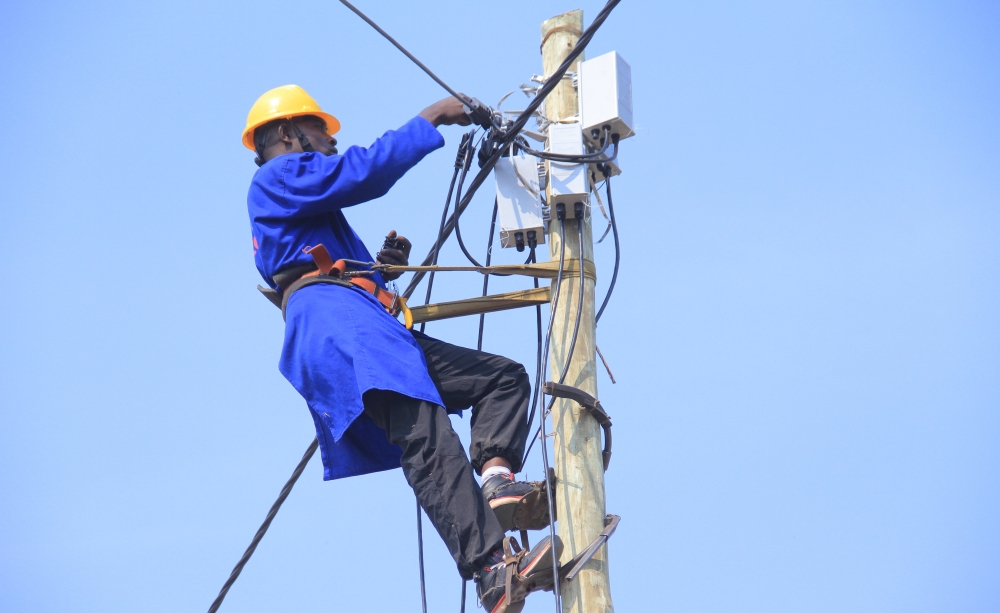

The Minister of Infrastructure, Jimmy Gasore, is set to appear in Parliament on Tuesday afternoon to respond to issues related to Rwanda’s electricity production and distribution, which were exposed in a report by the Auditor General.
According to the Report of Auditor General of State Finances for the financial year ended 30 June 2022 (the latest), issues in energy sector – under Rwanda Energy Group (REG) – includes that Energy Utility Corporation Limited (EUCL) made a loss of Rwf52.5 billion during that fiscal year, compared to a profit of slightly over Rwf2 billion in the previous year.
The report indicated that the decrease in profitability was mainly due to increase in the cost of sales (by 56 per cent) and deferred tax charge for the year.
Again, it pointed out, the government provided more than Rwf39 billion to subsidise electricity tariffs during the same year.
It showed that EUCL was purchasing power from expensive suppliers, a situation that was leading to poor financial performance.
ALSO READ: 10 key highlights from Auditor General’s report
Thermal power plants [run on diesel], the report indicated, were the most expensive source of energy with a unit cost of Rwf375.5 per KWh (kilowatt hour, which is a unity of measuring energy consumed in a thousand watts per hour), followed by Hakan peat power plant with Rwf259.9 per a KWh, methane gas with Rwf173.7 per a KWh, and hydro power plant being the relatively cheapest energy source with a KWh costing Rwf136.9.
The audit further indicated that the cost to obtain power from thermal plants constituted 31 per cent of the total production expenses, but only provided 14 per cent of total energy mix.
This ultimately resulted into production of expensive power. EUCL paid Rwf38.83 billion to source energy from thermal power plants,” the report reads in part, warning that the situation would continue to worsen the financial performance of EUCL unless there was a plan to phase out thermal plants.
Meanwhile, in October 2023, the Ministry of Infrastructure announced that Rwanda will shut down all its diesel-fuelled power plants in June this year as the country’s hydroelectricity and methane gas sources expanded to make a significant contribution to the national grid.
Data from REG shows that 75.9 per cent of Rwandan households had access to electricity as of end January 2024 – including 54 per cent connected to the national grid and 21.9 per cent accessing it through off-grid systems (mainly solar).
By the end of June 2024, Rwanda targets to achieve universal energy access among all its households – amounting to more than 3.3 million as per the fifth Population and Housing Census conducted by the National Institute of Statistics of Rwanda in August 2022.


